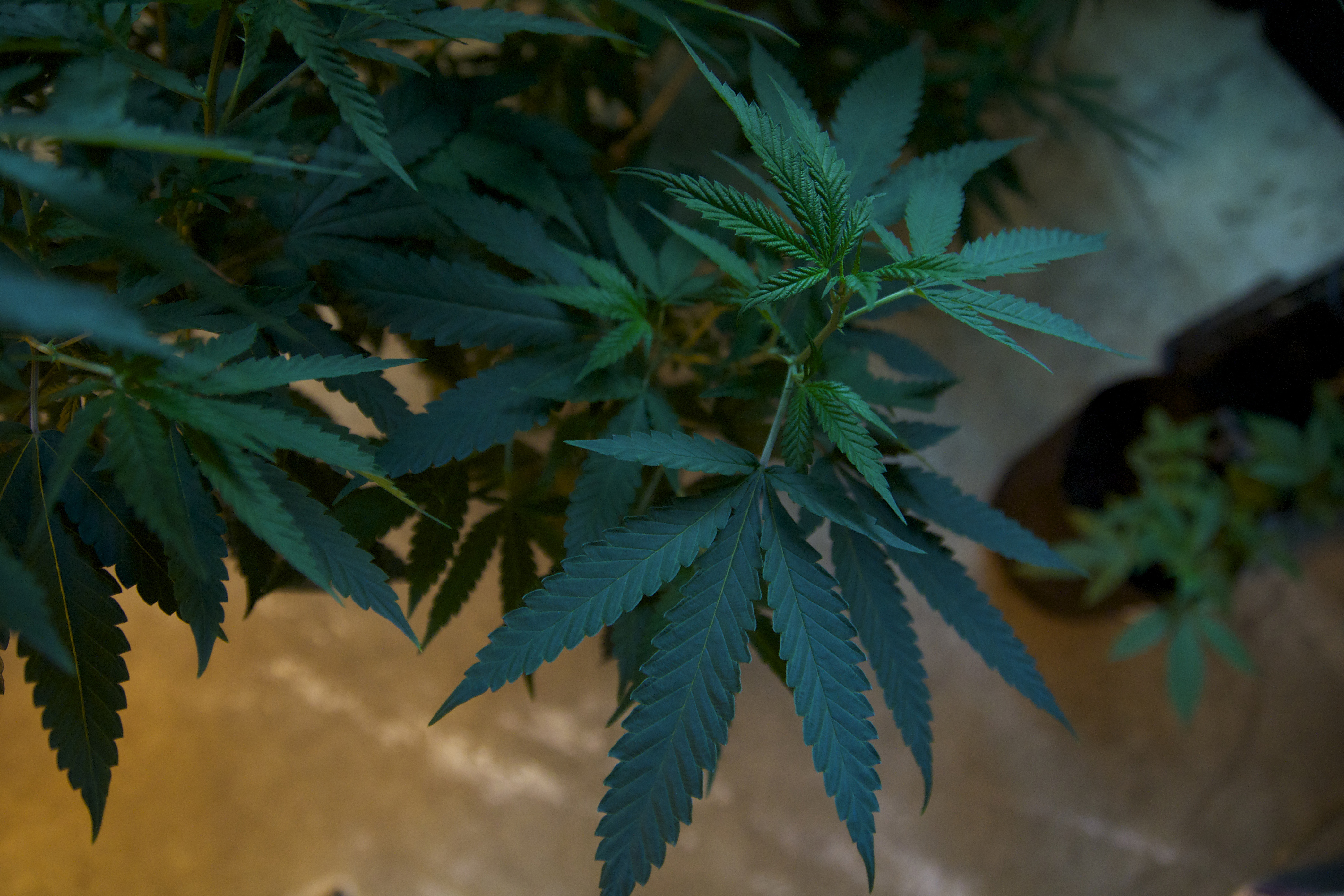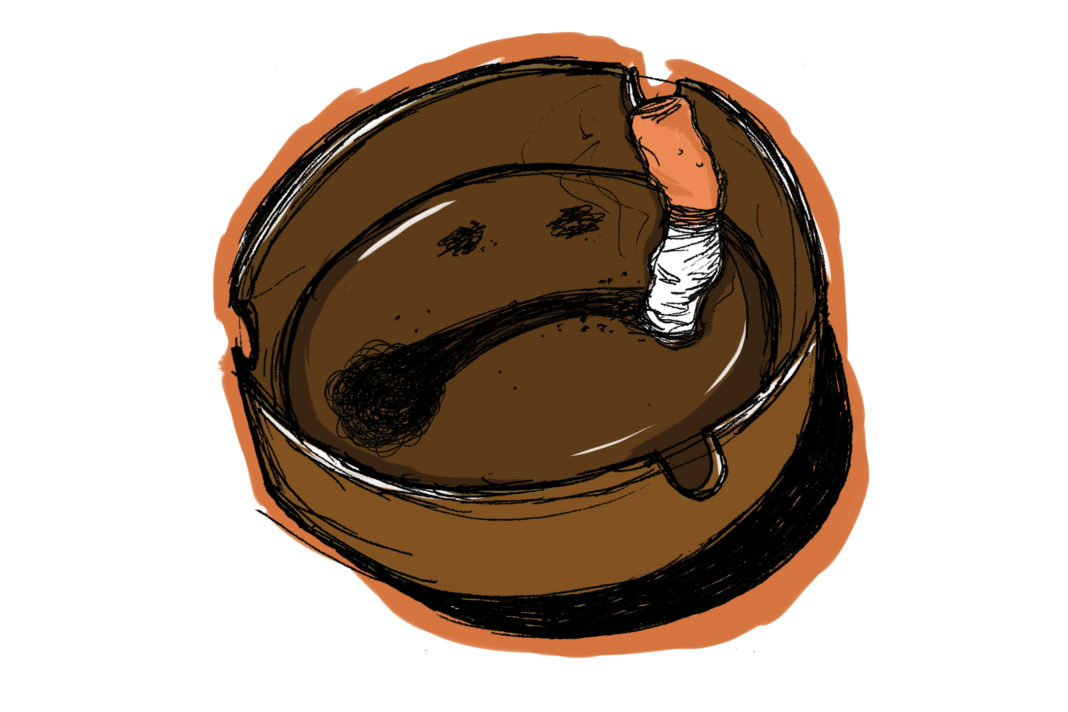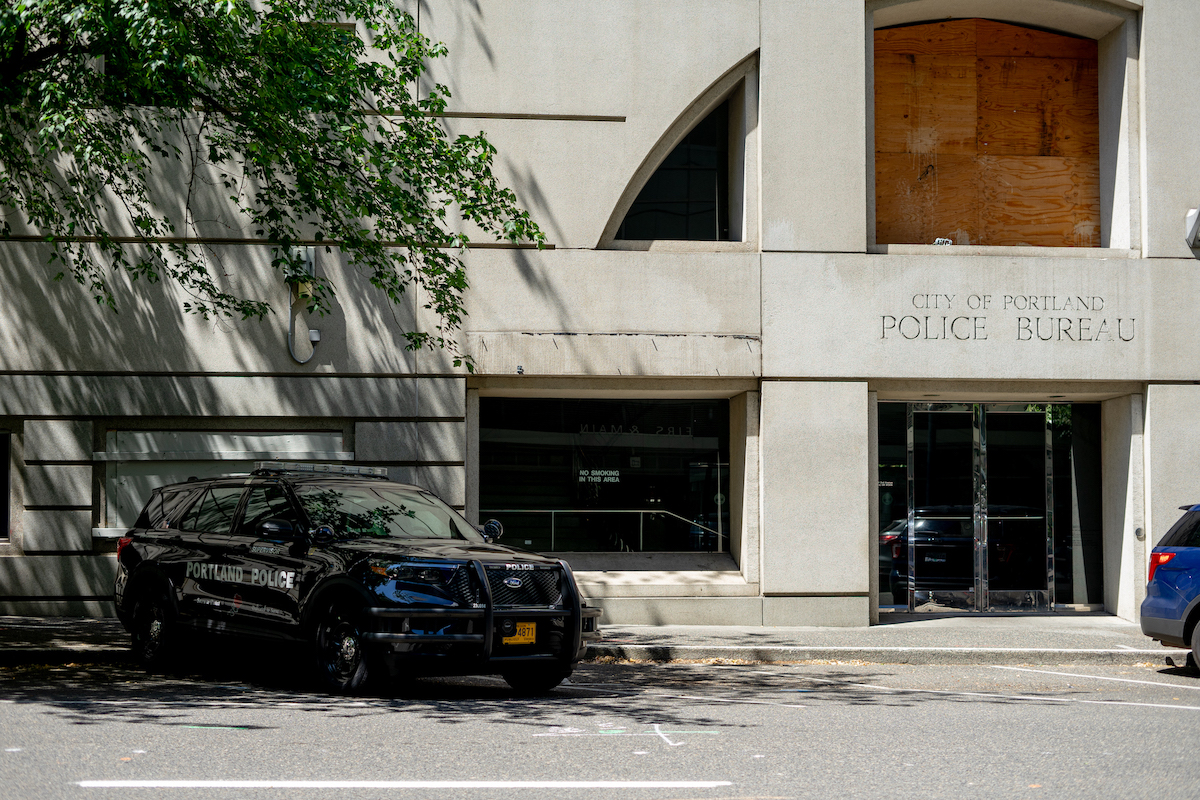I sat with four other Portland peers on election night and watched as they cried and gasped in awe over what they were witnessing.
Though I had never felt out of place in my new home, I felt different from the other Portlanders who were huddled with me as we sat sobbing and gulping wine on my rickety futon: No one around me could understand how this man had won.
I am a millennial from a small coal mining town in rural, conservative Utah where guns are rampant and the homosexuals are damned to burn in hell—a town that possesses all the qualities that made up the Trump deplorables—and I understood perfectly.
Though the Portlanders had grown up and flourished in a city of homosexual sin complete with the devil’s lettuce and liberal ideology, their progressiveness had left them in a comfortable bubble that suddenly burst as the results poured in. This liberal, radical bubble they had unknowingly enclosed themselves in secluded them from the rest of the world, making the Trump victory seem almost incomprehensible.
I was from the strange, alternate universe they were now slowly coming to understand.
Although my feelings of disappointment were similar, the results did not shock me. I understood perfectly what Portland and other parts of the country could not fathom. I had witnessed the disenfranchisement of rural America that resulted in a Trump victory.
Carbon County, the place I used to call home—and a place named specifically after the abundance of coal in the area—was founded upon immigrants who came to the area searching for work. Once known as the town of “57 varieties” for its diverse population, Helper, Utah was the place where famous outlaw Butch Cassidy staged a robbery, prostitutes waited for men to visit from the bar, and mine tragedies were part of life.
Today the Carbon County boom is long gone. This is a town that has fallen behind in the times and left to be forgotten as the rest of the world progresses. Empty buildings, once bars and brothels in the “good ol’ days,” now sit abandoned on Main Street—blamed solely on Obama.
Over the years, the area saw closures of shopping spaces such as J.C. Penney, Aaron’s, Payless shoes, and Kmart, all of which left—closed their doors along with multiple unsuccessful mom-and-pop stores and restaurants. Mines became vacant one by one, either due to unsafe conditions, mine disasters, contract or monetary issues, or the decrease in the demand for coal. Just last year, the Carbon Power Plant saw its last days due to EPA violations.
Thanks, Obama.
I understand perfectly why these people voted for Trump. For years, the rest of the nation progressed, voted, and slowly changed. Yet for rural America, these changes did not positively affect them. These changes destroyed their jobs, their economy, their town, and eventually controlled every aspect of their lives simply because they refused to change as well.
As the government implemented new rules and laws, Helper fought them, complained about them, and could not economically support the upgrades necessary to meet regulation. Jobs were forced out of the area, and new jobs never came in.
It’s not enough to simply promise Americans that renewable energy can and will be bigger and better while offering more jobs than coal if these promised jobs never make it to the places where coal was taken away.
Little by little, places like Carbon County fell apart and the people left behind began to feel lost, angry and ignored.
Trump talked the talk and spoke words sweeter than candy in the minds of these rural Americans. Here was a man who was going to stop taking their jobs, stop waging a war on coal, and stop implementing regulations that only hurt them. Here was a man who promised to give power back to them—something that had long been controlled by people vastly different from them.
If this election has taught this nation anything, it should be this: We can no longer afford to ignore rural Americans. Because when we do, and if we do, men like Trump will win over and over and over again.
When regulations are imposed which directly affect rural America, implementation for projects and jobs that can sustain the area must be implemented as well. Otherwise, you will have a hotbed for coal-loving, climate-change-denying Trumpers, clinging to the words of a narcissistic, racist con man, as they hold on to their last hope of survival.






